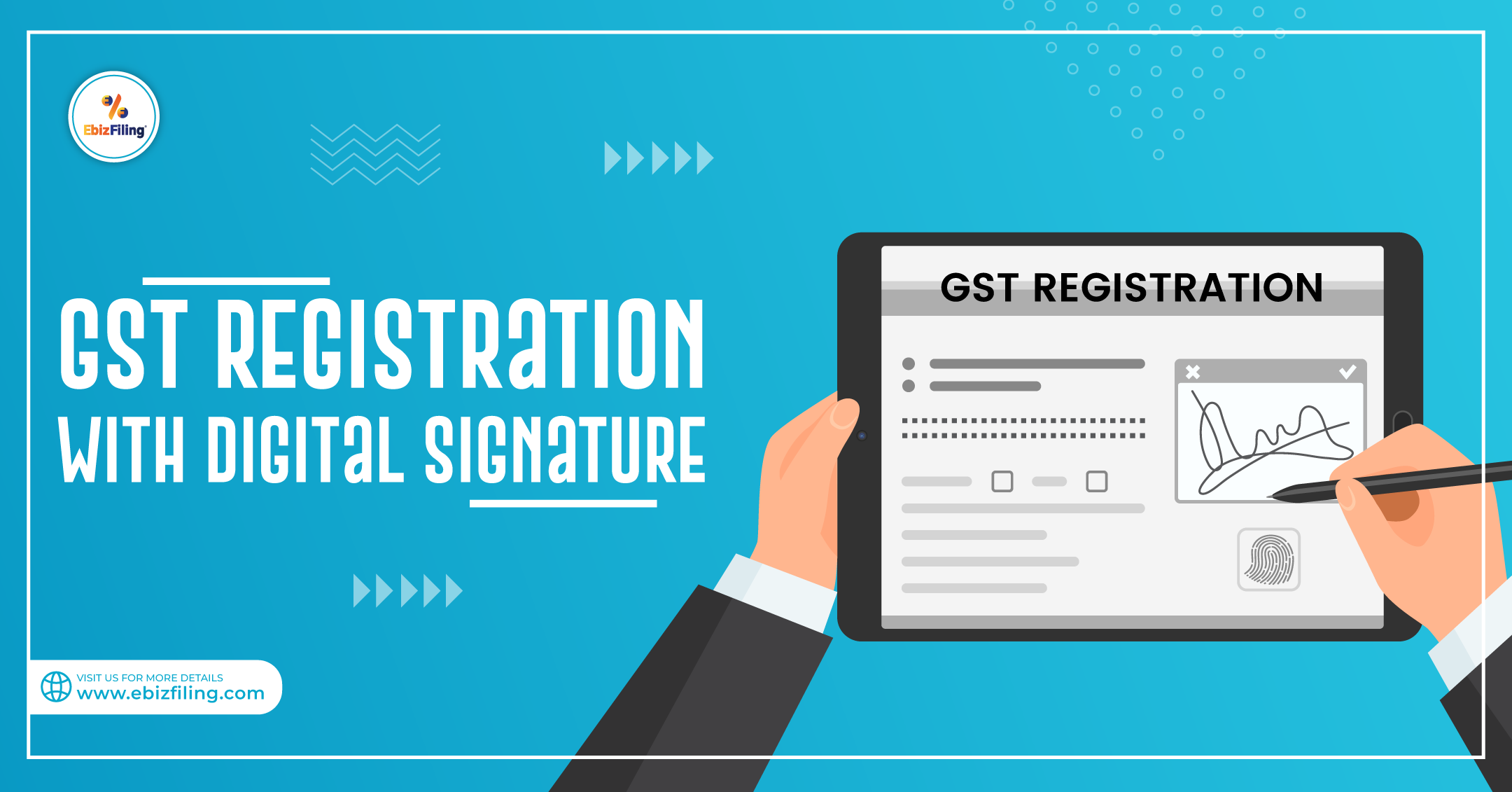Complete Checklist for Efficient Singapore GST Registration
Complete Checklist for Efficient Singapore GST Registration
Blog Article
The Ultimate Overview to Simplifying the GST Registration Refine and Requirements for Small Company Owners

Understanding GST Basics
To grasp the fundamentals of the Goods and Services Tax Obligation (GST) system, small business owners must initially recognize its underlying concepts and effects. GST is a value-added tax obligation levied on most items and solutions for residential intake. It intends to simplify the tax process by replacing multiple indirect tax obligations enforced by the state and main federal governments. Under the GST routine, services are needed to register and accumulate tax obligation on part of the federal government, guaranteeing openness and conformity.
One of the crucial concepts of GST is input tax credit scores, which enables organizations to claim credit rating for taxes paid on their acquisitions. Recognizing these standard principles is essential for little organization proprietors to navigate the complexities of the GST system and guarantee conformity with the legislation.
Qualification Standards for Enrollment
Having actually developed a fundamental understanding of GST concepts, local business proprietors must now meet particular eligibility requirements to wage the registration process. In India, entities engaged in the supply of goods or services with an annual aggregate turnover exceeding Rs. 40 lakhs (Rs. 10 lakhs for unique group states) are called for to sign up for GST. In addition, particular businesses such as those entailed in inter-state supply of items, informal taxed persons, and those needed to pay tax obligation under the reverse charge system must register for GST irrespective of their turnover. Additionally, organizations that were signed up under the previous tax obligation routine (BARREL, service tax, etc) are likewise mandated to register under GST. Agricultural organizations that just supply generate out of key production are excluded from GST registration. It is important for entrepreneur to very carefully examine their eligibility based upon these requirements to ensure conformity with the legislation and stay clear of any charges for non-compliance.
Records Required for GST Enrollment

Simplified Registration Refine Actions
Adhering to the collection and verification of the requisite documents, the enrollment procedure for GST can be navigated via a collection of simplified steps created to help with reliable compliance for local business owners. The very first step involves visiting the GST website and selecting the 'New Enrollment' choice. Subsequently, the candidate should complete Component A of the GST REG-01 form with information such as PAN, mobile number, and e-mail address to acquire an OTP for confirmation. When the OTP is received and gone into, a Short-term Reference Number (TRN) is produced for more procedures. The following step calls for filling up out Component B of the form with required service information, posting supporting records, and finishing the verification procedure using DSC or EVC. Upon effective verification, an Application Referral Number (ARN) is released, suggesting the conclusion of the GST enrollment process. By complying with these streamlined steps, little organization owners can effectively register for GST and ensure compliance with tax obligation laws.
Tips for Ensuring Compliance
To keep governing adherence and functional stability, thorough oversight and positive steps are critical in guaranteeing compliance with GST requirements for small company owners. Tiny Web Site service owners must remain upgraded with GST policies, filing due dates, and any type of modifications in tax prices to prevent penalties and keep a great standing with tax authorities. One essential pointer for conformity is to maintain accurate and detailed records of all deals, including billings, receipts, and costs connected to GST. Consistently fixing up financial documents with GST returns can assist in identifying and correcting any type of inconsistencies quickly. Furthermore, conducting regular interior audits or looking for professional support can guarantee that the service is following all GST rules correctly. It is likewise important for small organization owners to invest in GST-compliant audit software application that can simplify the tax filing process and minimize errors. Lastly, going to GST understanding workshops or training programs can improve understanding and compliance with GST guidelines, ultimately profiting business over time.
Conclusion
Finally, local business owners need to recognize the essentials of GST, fulfill the eligibility standards, collect necessary documents, and adhere to the simplified registration procedure actions to ensure compliance. By simplifying the GST registration procedure and requirements, small service proprietors can prevent charges and run their companies efficiently why not find out more within the lawful framework - Singapore GST Registration. It is critical for small company owners to remain informed and compliant with GST guidelines to preserve a successful organization operation
Tiny company owners looking for GST enrollment should guarantee they collect and send the required files to complete the registration process effectively. The papers needed for GST registration normally consist of evidence of business enrollment or incorporation, PAN (Permanent Account Number) card of the company address, identity and entity evidence of the promoters/partners/directors, photos, address evidence of the area of business, bank account statements or terminated cheques, and consent forms. Going to GST understanding workshops or training programs can boost understanding and compliance with GST guidelines, ultimately profiting the organization have a peek at this website in the lengthy run.
By streamlining the GST enrollment procedure and needs, small organization owners can stay clear of fines and run their services smoothly within the lawful structure. It is essential for small organization owners to remain certified and informed with GST regulations to maintain an effective business procedure.
Report this page